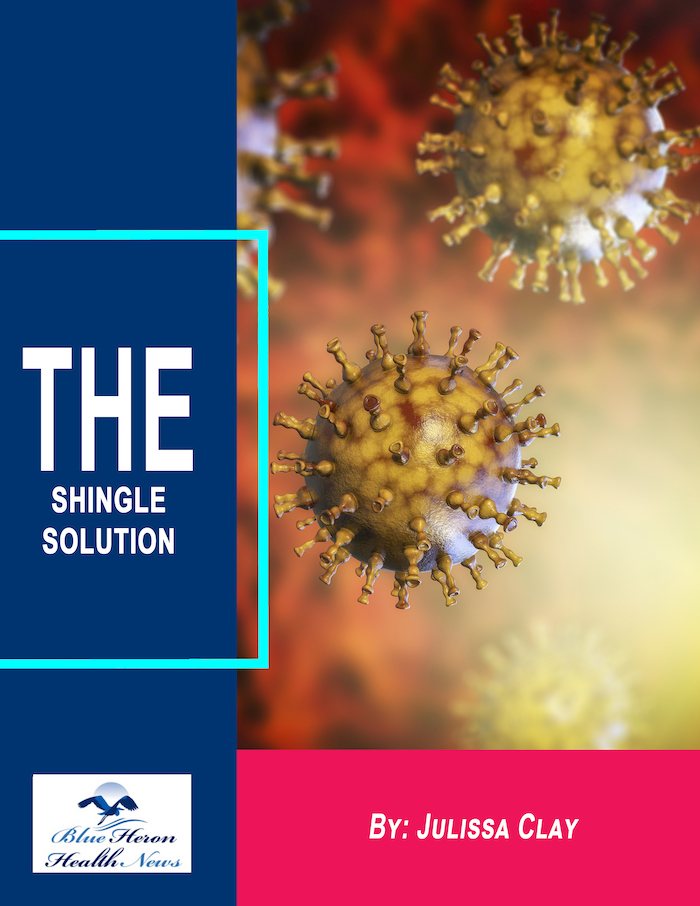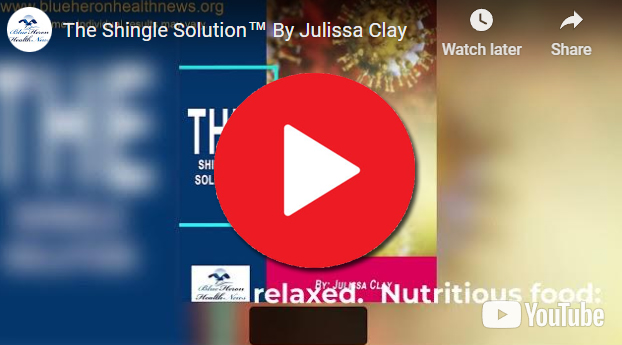
The Shingle Solution™ By Julissa Clay This eBook includes a program to treat the problem of shingle naturally. The author of this eBook, Julissa Clay, a practitioner in natural health, has killed the shingles causing virus completely to overcome the problem of PHN or Postherpetic neuralgia, one of the common complications caused by shingles. This program helps in melting PHN in a few weeks and make shingles a forgotten nightmare.
Can pregnant women get shingles?
Shingles in Pregnant Women: Risks and Management
Introduction
Shingles, also known as herpes zoster, is caused by the reactivation of the varicella-zoster virus (VZV), the same virus that causes chickenpox. While shingles is more common in older adults, it can occur in pregnant women, particularly if they had chickenpox in the past. Understanding the risks, symptoms, potential complications, and management strategies for shingles during pregnancy is crucial for the health of both the mother and the developing fetus.
Risk Factors for Shingles During Pregnancy
- Previous Chickenpox Infection:
- Dormant Virus: A history of chickenpox indicates that the varicella-zoster virus is dormant in the body, which can reactivate as shingles.
- Weakened Immune System:
- Immunosuppression: Pregnancy can alter immune function, potentially increasing the risk of reactivation of the virus.
- Age and Health Conditions:
- Older Pregnant Women: Pregnant women over the age of 35 may have a slightly higher risk of shingles.
- Underlying Conditions: Conditions such as diabetes or autoimmune diseases can further weaken the immune system.
Symptoms of Shingles in Pregnant Women
- Prodromal Symptoms:
- Initial Signs: Pain, itching, tingling, or a burning sensation in a specific area of the skin before the rash appears.
- General Malaise: Some women may feel generally unwell, with fatigue, headache, or fever.
- Rash Development:
- Blisters: A painful, blistering rash that typically appears on one side of the body, often on the torso or face.
- Progression: The rash progresses from red bumps to fluid-filled blisters, which eventually crust over and heal.
- Pain:
- Severity: The pain associated with shingles can range from mild to severe and may persist even after the rash has healed.
Potential Complications for the Mother and Fetus
- For the Mother:
- Postherpetic Neuralgia (PHN): Persistent pain after the rash has healed, which is less common in younger individuals.
- Secondary Infections: Bacterial infections of the shingles rash if not properly cared for.
- For the Fetus:
- Varicella Syndrome: If a pregnant woman contracts chickenpox, there is a risk of congenital varicella syndrome, which can cause birth defects. However, the risk is significantly lower with shingles.
- Preterm Labor: Severe maternal illness or complications can potentially lead to preterm labor.
- Low Birth Weight: There may be a slight risk of low birth weight if the mother experiences severe shingles.
Diagnosis of Shingles During Pregnancy
- Clinical Evaluation:
- Symptoms: Diagnosis is often based on the characteristic appearance of the rash and associated symptoms.
- Medical History: A history of chickenpox and the pattern of the rash help confirm the diagnosis.
- Laboratory Tests:
- PCR Test: Polymerase chain reaction (PCR) testing of fluid from the blisters can confirm the presence of the varicella-zoster virus.
- Blood Tests: Blood tests to check for varicella-zoster antibodies can provide additional information.
Treatment and Management
- Antiviral Medications:
- Safety: Antiviral medications such as acyclovir, valacyclovir, or famciclovir are considered safe for use during pregnancy and can help reduce the severity and duration of shingles.
- Timing: Early treatment, ideally within 72 hours of rash onset, is most effective.
- Pain Management:
- Over-the-Counter Pain Relievers: Acetaminophen (Tylenol) is generally considered safe for pain relief during pregnancy.
- Topical Treatments: Calamine lotion and cool compresses can help soothe itching and discomfort.
- Preventing Secondary Infections:
- Hygiene: Keeping the rash clean and covered with loose, non-stick bandages can prevent bacterial infections.
- Avoid Scratching: Discourage scratching to prevent further skin damage and infection.
- Supportive Care:
- Rest and Hydration: Ensure the pregnant woman gets plenty of rest and stays well-hydrated.
- Nutrition: A balanced diet rich in vitamins and minerals can support the immune system.
Preventive Measures
- Vaccination:
- Shingles Vaccine: The shingles vaccine (Shingrix) is not recommended during pregnancy, but it can be administered before pregnancy to reduce the risk of shingles.
- Varicella Vaccine: Women who have never had chickenpox and are planning to become pregnant should consider the varicella vaccine before conception.
- Healthy Lifestyle:
- Boosting Immunity: Encourage a healthy lifestyle with a balanced diet, regular physical activity, and adequate sleep to maintain a strong immune system.
- Stress Management: Reducing stress through mindfulness, relaxation techniques, and supportive environments can help prevent immune system weakening.
- Avoiding Contact with Infected Individuals:
- Chickenpox Exposure: Pregnant women who have never had chickenpox or the varicella vaccine should avoid contact with individuals who have active chickenpox or shingles.
Monitoring and Follow-Up
- Regular Prenatal Check-Ups:
- Healthcare Provider: Regular prenatal visits with a healthcare provider are essential to monitor the health of both the mother and the fetus.
- Symptom Reporting: Promptly report any symptoms of shingles or complications to the healthcare provider.
- Ultrasound and Fetal Monitoring:
- Assessing Fetal Health: Additional ultrasounds and monitoring may be recommended to assess fetal growth and development if the mother has shingles.
Conclusion
While shingles can occur in pregnant women, it is relatively rare. Early diagnosis and appropriate treatment with antiviral medications can help manage symptoms and reduce the risk of complications for both the mother and the fetus. Preventive measures, including vaccination before pregnancy and maintaining a healthy immune system, are crucial in reducing the risk of shingles during pregnancy. Pregnant women who suspect they have shingles should seek prompt medical attention to ensure the best possible outcomes for themselves and their babies.

The Shingle Solution™ if you are suffering from shingles then The Shingle Solution can be the best program for you to relieve your pain and itching by using a natural remedy. It describes the ways to use this program so that you can feel the difference after using it as directed. This natural remedy for shingles can also help in boosting your immune system along with repairing your damaged nerves and relieve pain and itching caused by shingles.